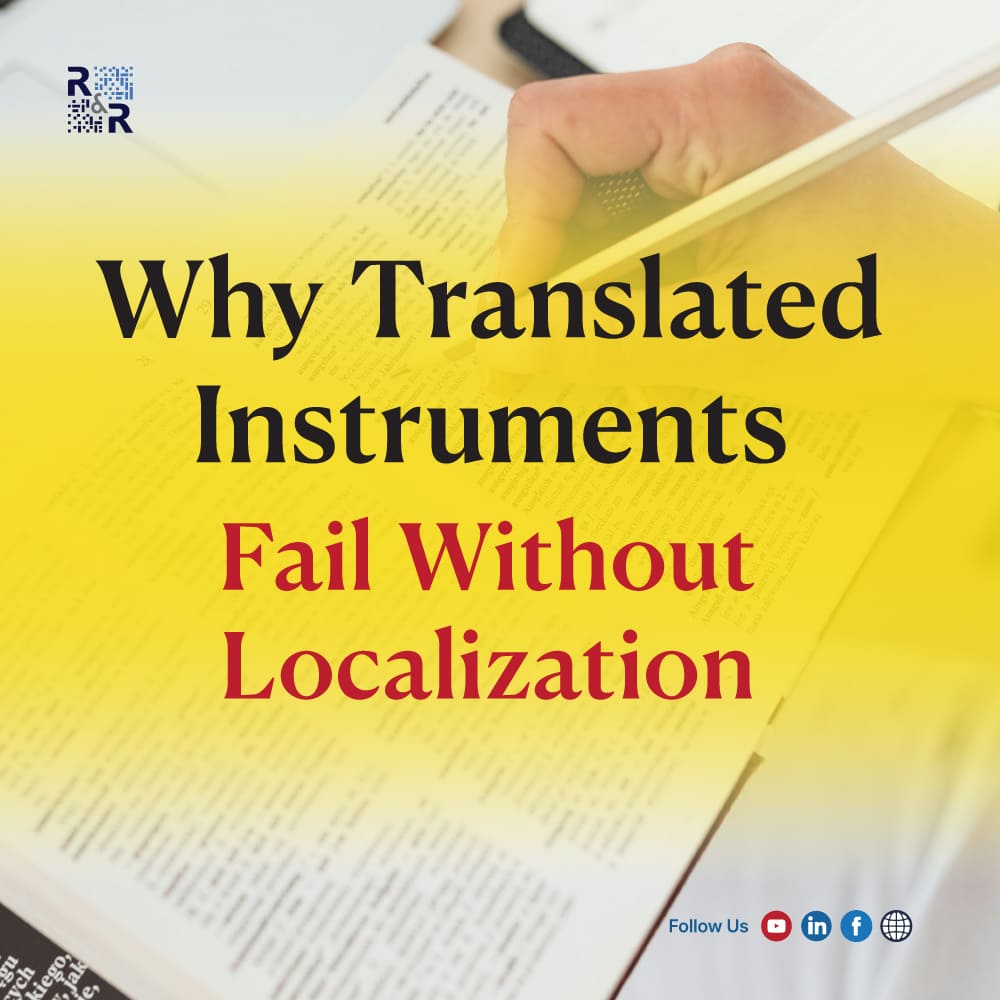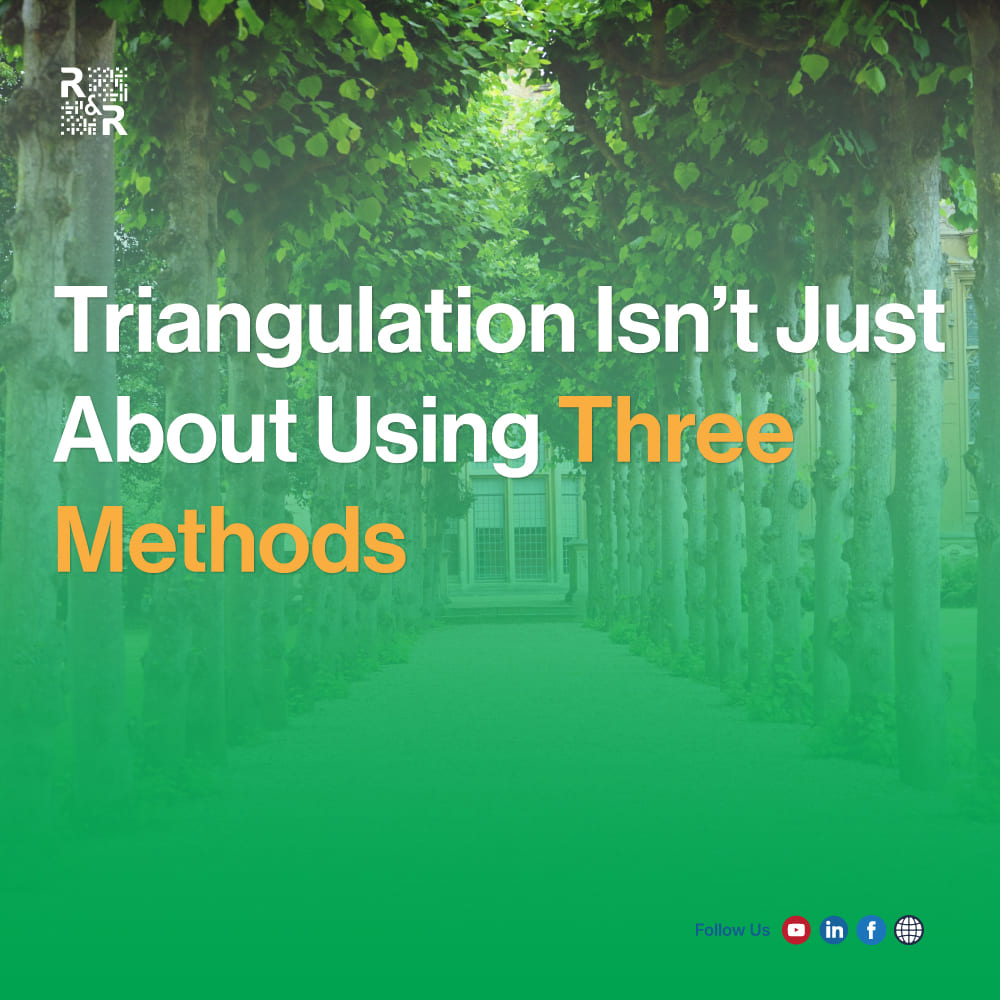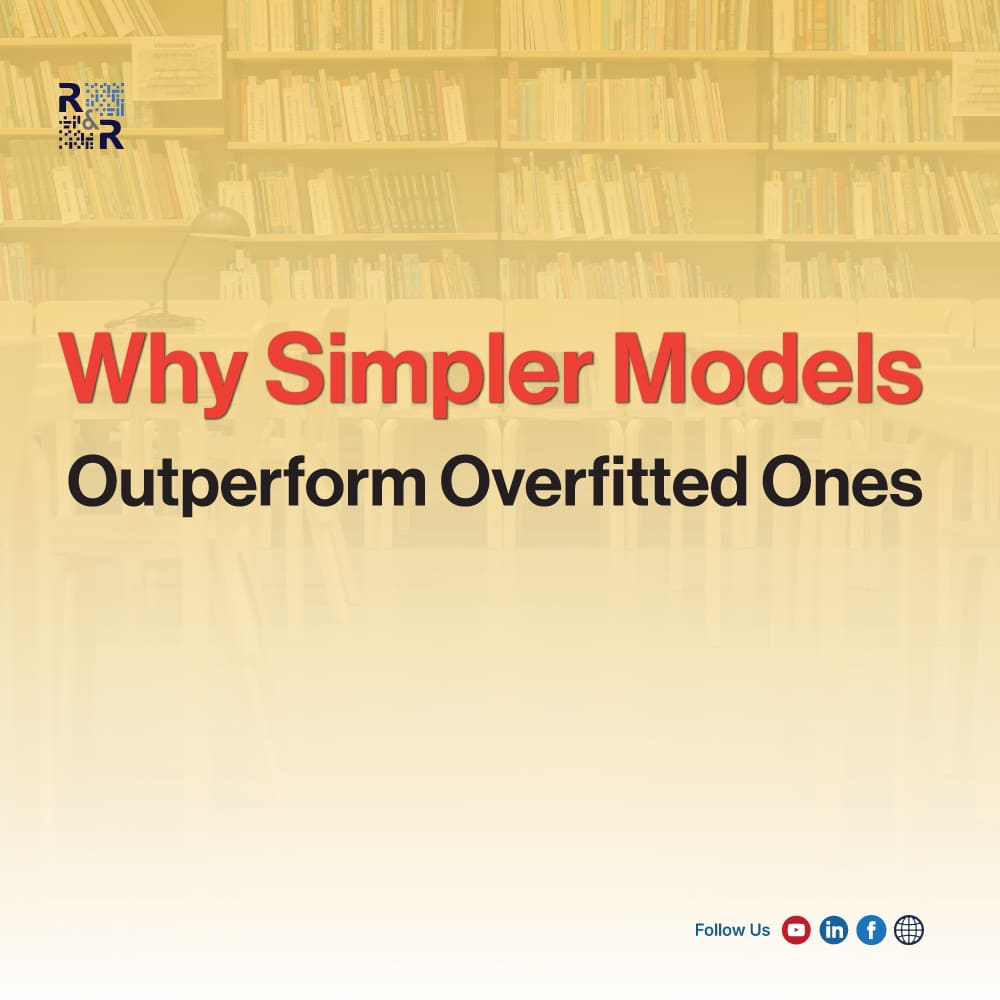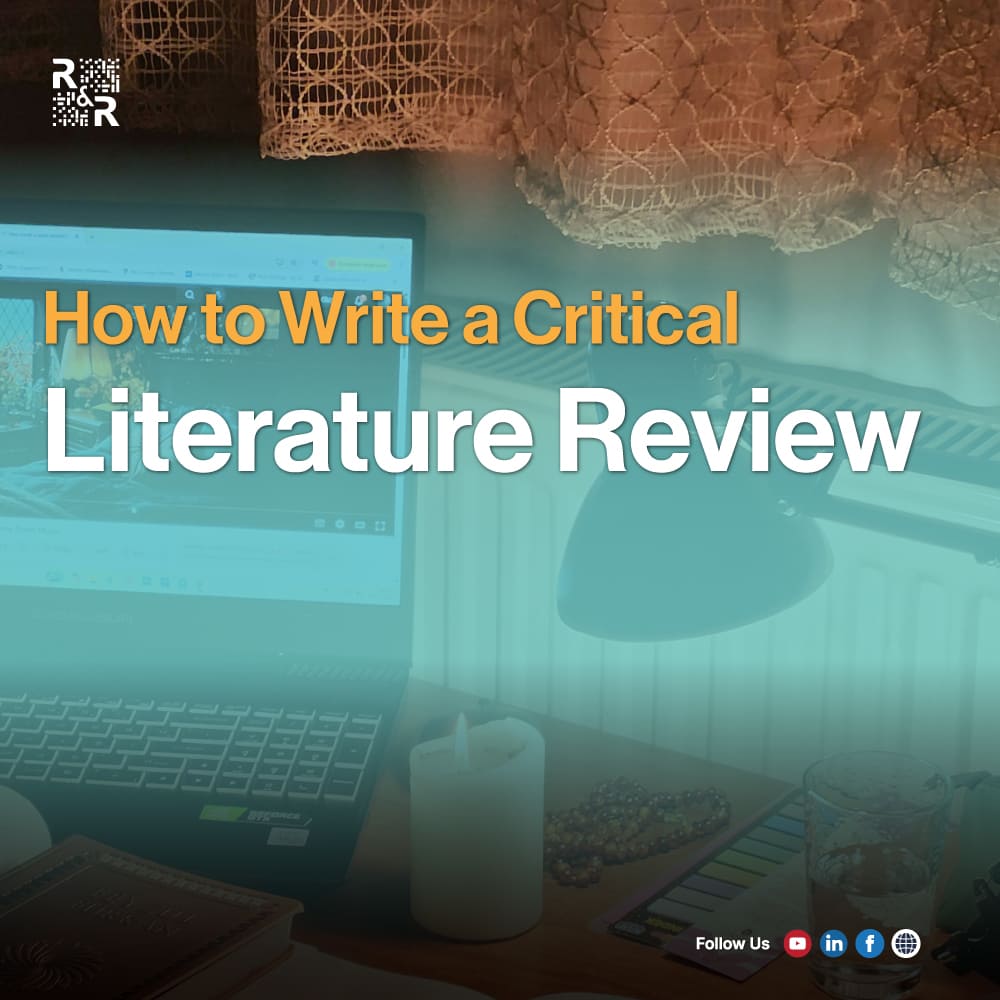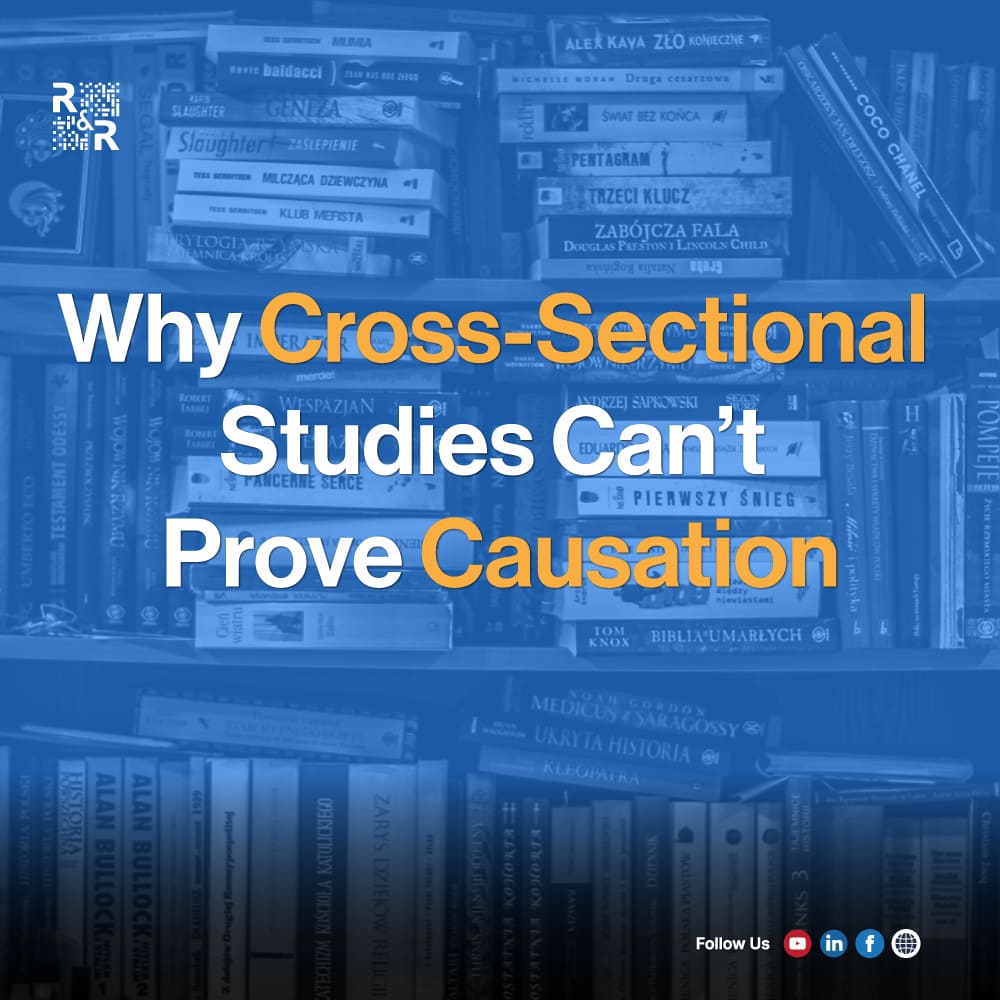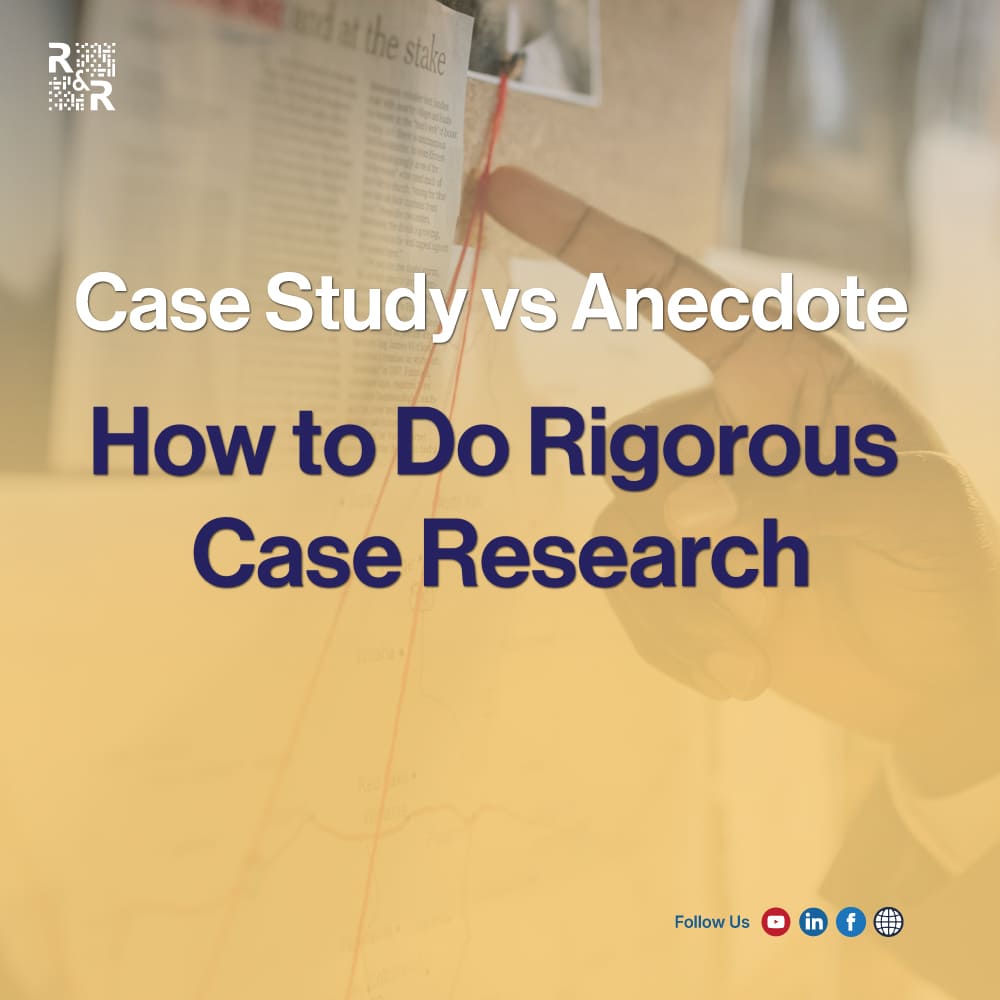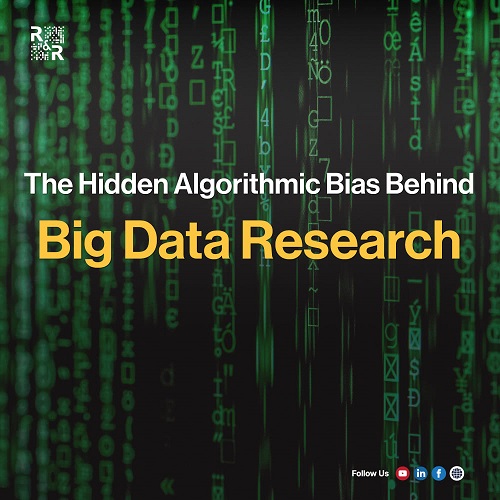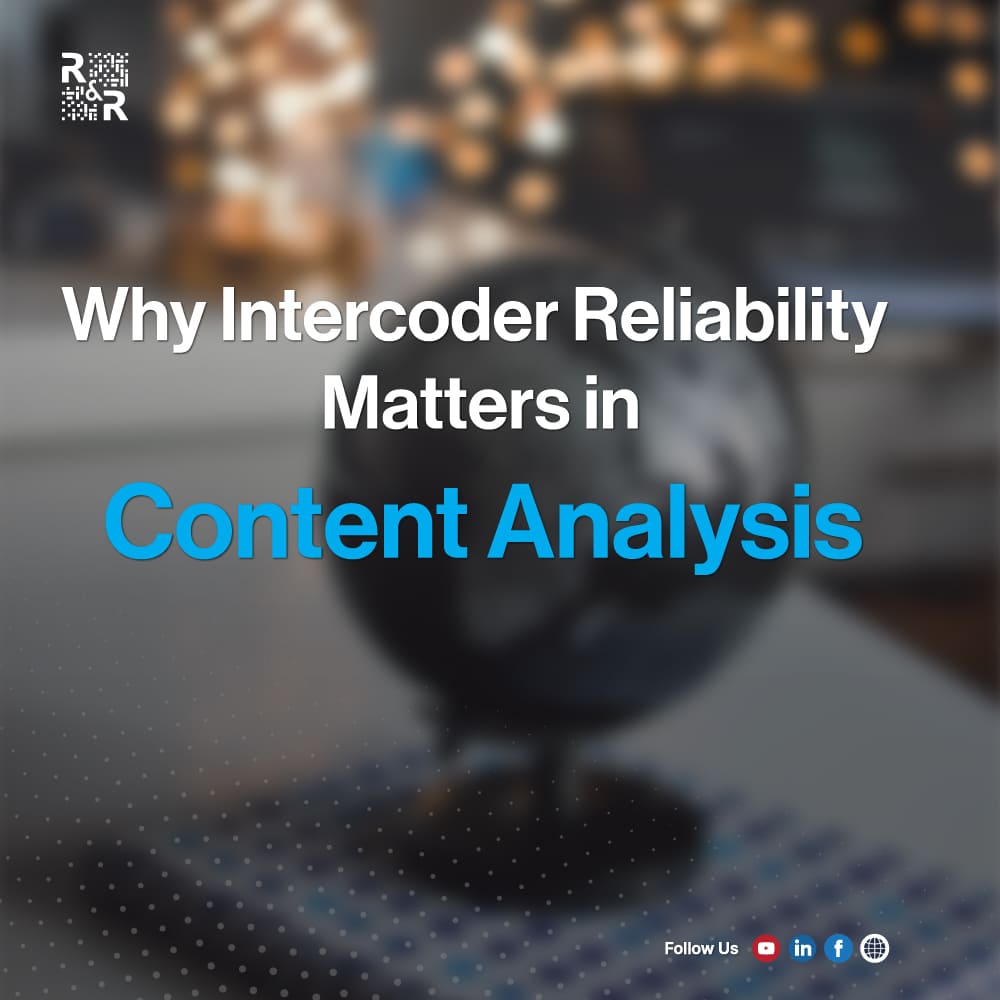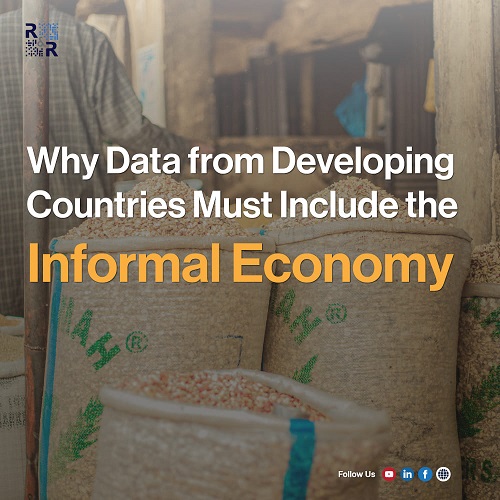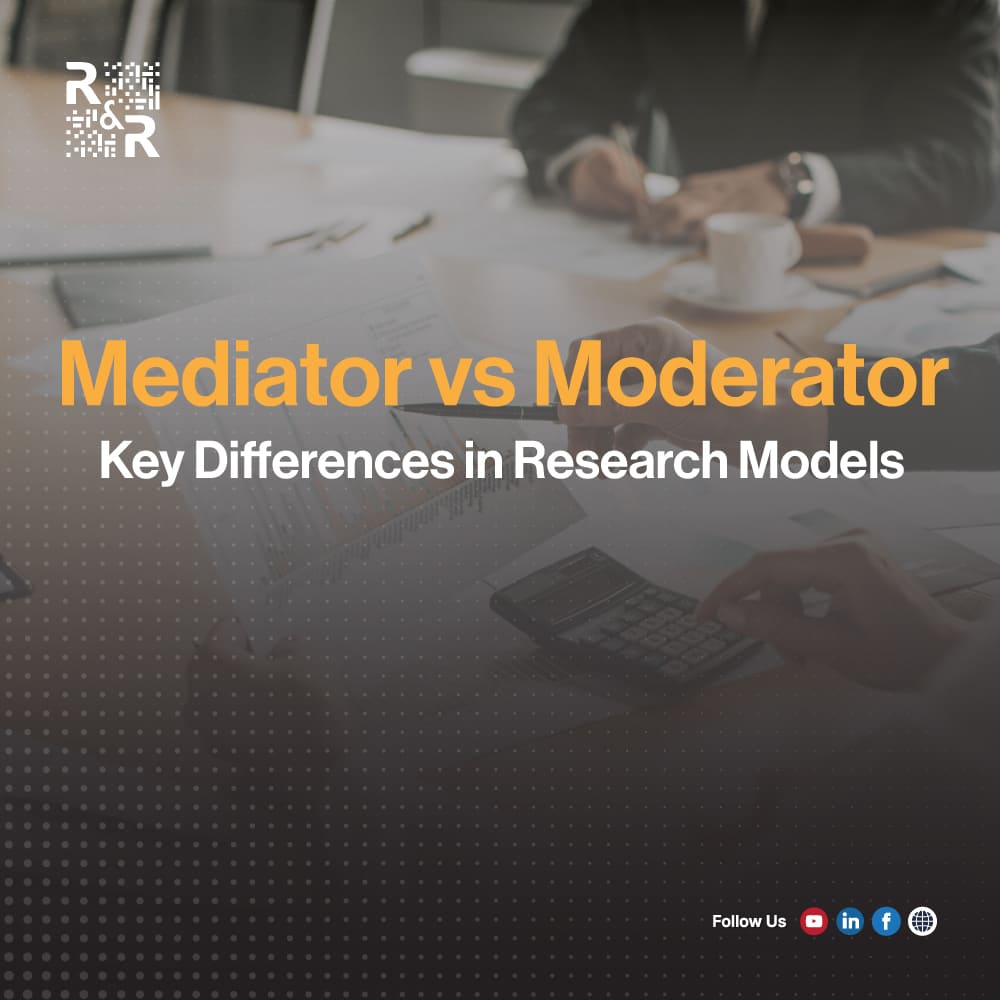Why Translated Instruments Fail Without Localization
Understanding the Problem: Translation Isn’t Enough In global research, translation is often mistaken for localization. Many researchers assume that once a questionnaire or scale is linguistically translated, it becomes universally applicable.However, translation alone rarely guarantees conceptual equivalence—the idea that a question measures the same construct in another language or culture. For example, a “satisfaction survey” … Read more

